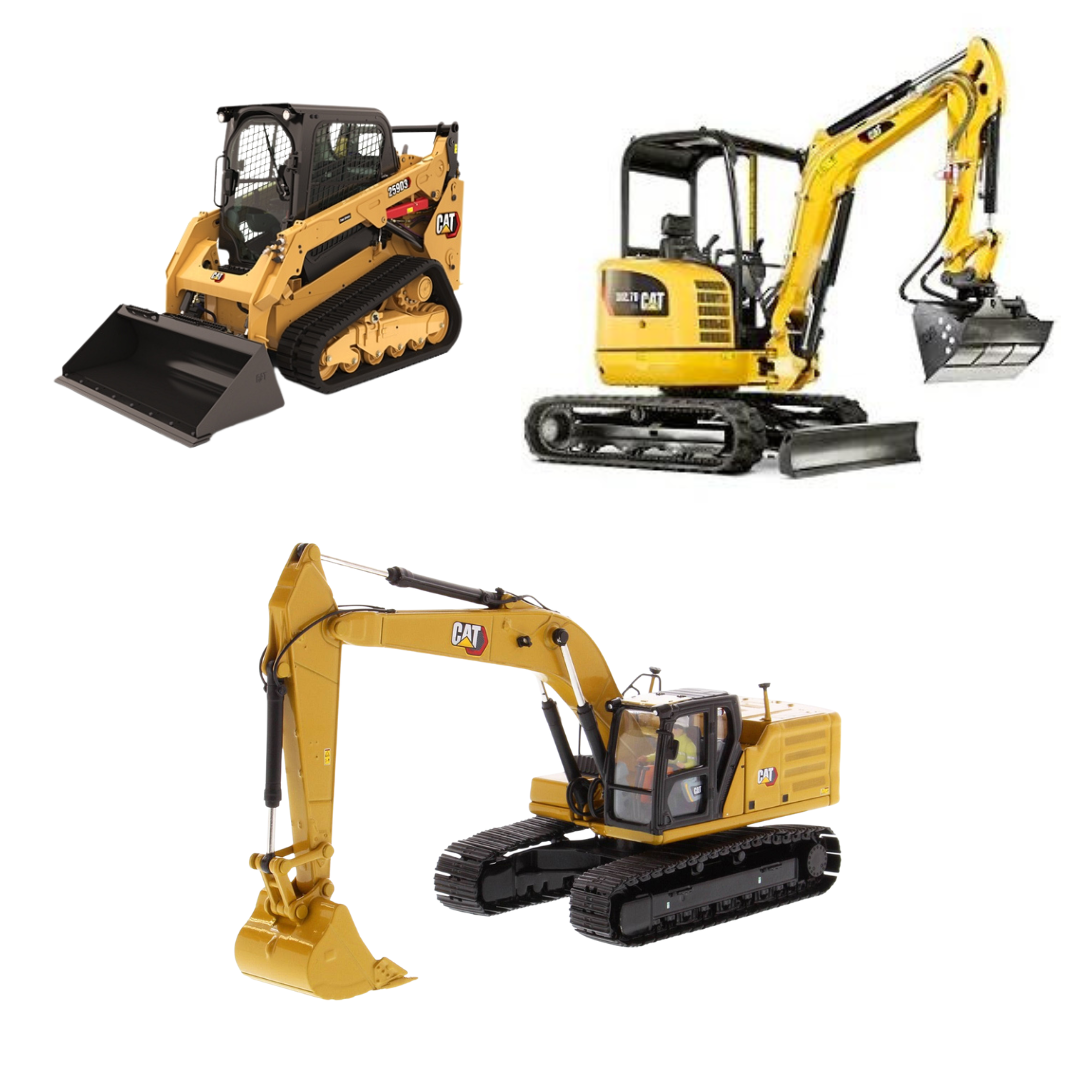Optimize Your Budget Plan by Comprehending the Prices Related To Building And Construction Tools Leasings
Comprehending the complete extent of expenses connected with construction devices services is critical for optimizing your spending plan. What methods can be used to properly take care of these expenses and make certain an extra reliable rental experience?
Summary of Rental Expenses
When taking into consideration building and construction equipment rentals, understanding the associated prices is extremely important for effective budgeting and project preparation. Rental expenses can vary considerably based on several factors, consisting of tools kind, duration of service, and location. The preliminary rental cost usually shows the devices's market need and its associated functional abilities, influencing the total cost.
Along with the base rental price, supplementary expenses might occur, such as transportation charges, fuel surcharges, and maintenance fees. It is important to make up these extra costs to accurately assess the total cost of leasing tools. Moreover, the rental period can influence rates; longer services may get approved for discounted prices, while short-term services may sustain higher day-to-day charges.

Breakdown of Rental Prices
An extensive understanding of rental rates is crucial for service providers and task supervisors aiming to enhance their spending plans. Rental prices for building devices typically include a number of elements, consisting of base prices, time-based charges, and use fees.
Base rates are the core costs related to the rental of the devices, usually established by the kind and size of the equipment. These prices can vary considerably, affected by factors such as equipment demand, availability, and regional market fads. Time-based fees, which might be daily, weekly, or monthly, offer to suit various job timelines and rental periods.
Furthermore, rental rates may include usage charges, which are relevant when devices is made use of past a defined limit, making certain that the rental business can account for deterioration. Seasonal demand fluctuations can likewise affect rental prices, with peak building seasons typically commanding greater costs.
Furthermore, comprehending the rental company's plans regarding maintenance and insurance policy can offer additional insight into the total expense structure. By assessing these elements, service providers can make educated decisions, ensuring the choice of rental equipment straightens with both project requirements and budget plan restraints.
Added Charges to Take Into Consideration
Understanding the ins and outs of added fees is important for service providers to handle their overall rental expenditures effectively. Past the conventional rental prices, various additional fees can substantially affect the total cost of equipment rental. These charges usually consist of delivery and pick-up fees, which can differ based upon range and logistics associated with moving the devices to and from the task site.
Moreover, some rental business might impose gas surcharges if the devices is returned with much less gas than when leased. It is additionally vital to know potential cleaning charges, specifically for specialized equipment that needs complete upkeep after use.

Completely evaluating the rental contract and making clear these added charges upfront can help service providers make certain and stay try this site clear of unforeseen expenses that spending plans remain undamaged throughout the job lifecycle.
Repair And Maintenance Expenditures
Regular upkeep and repair expenditures are often neglected elements that can considerably influence the overall cost of building and construction devices leasings. When renting out tools, it is critical to think about not just the rental costs however additionally the prospective prices linked with maintaining the equipment in optimum operating condition.
Several rental firms consist of standard maintenance as component of the rental agreement; nonetheless, much more unanticipated failures or comprehensive repair work can cause extra expenses. It's essential to assess the rental agreement carefully to understand what maintenance services are covered and what obligations fall on the renter.
Additionally, equipment that is not properly maintained can cause inadequacies at work website, potentially causing delays and boosting project costs. To minimize these dangers, it is a good idea to carry out normal inspections and maintain open interaction with the rental supplier concerning any issues that emerge during usage.
Insurance Coverage and Responsibility Prices
Insurance coverage and responsibility costs are important components that can considerably affect the total expense of building tools services (mini excavator rental). These costs make certain that both the rental company and the customer are secured from potential monetary losses emerging from accidents, damages, or theft throughout the rental period

Furthermore, clients should be mindful of any deductibles or exemptions in the insurance plan, as these can impact possible out-of-pocket expenditures. Comprehending the terms and problems of any kind of insurance policy protection is important to prevent unanticipated expenses. Ultimately, budgeting for insurance policy and obligation expenses can assist guarantee a smoother rental experience and shield against monetary threats related to building and construction projects.
Verdict
To conclude, a comprehensive this content understanding of the expenses connected with building and construction equipment leasings is essential for reliable spending plan management. By examining rental rates, added costs, upkeep expenses, and insurance policy demands, individuals and organizations can reduce unforeseen expenses. This tactical approach not just improves cost-effectiveness yet also ensures that projects proceed efficiently and successfully. Eventually, educated decision-making relating to equipment rentals adds to the total success of building undertakings.
Rental expenses can vary significantly based on a number of variables, consisting of equipment kind, period of service, and area (rental company near me). The rental duration can impact rates; longer rentals might certify for affordable rates, while temporary rentals could sustain higher everyday charges
By conducting extensive research and involving with reputable rental business, professionals can properly navigate the intricacies of rental rates, ultimately maximizing their economic sources.
Past the conventional rental prices, different supplemental fees can considerably impact the total price of tools leasing. Rental companies commonly give responsibility insurance policy that covers injuries to third events or damage to property, while equipment damage insurance coverage can cover the expense of repair services or replacement if the rented devices is harmed.